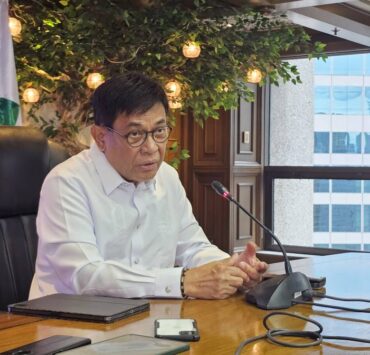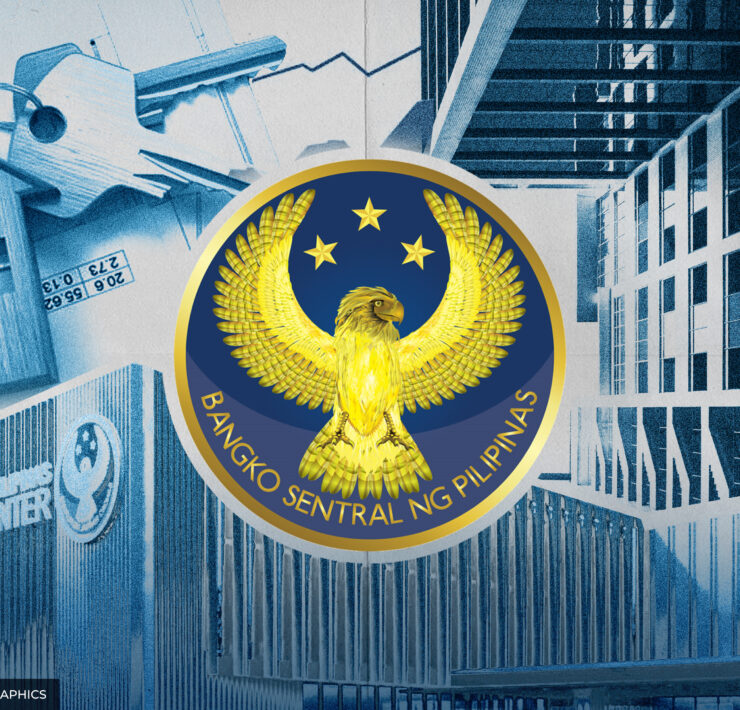PH to adopt OECD crypto tax framework

The Philippine government has committed to implement a globally agreed framework on taxing cryptocurrency assets to fight cross-border tax evasion and illicit financial flows, the Department of Finance (DOF) said.
Finance Secretary Ralph Recto said on Tuesday this was a timely commitment considering the growing popularity of digital currency as means for transactions.
Specifically, the government promised to fully adopt the Crypto-Asset Reporting Framework (CARF) by 2028, the year President Marcos will end his six-year term.
“We need faster and stronger systems for collaboration if we are to beat tax evasion and illicit transactions,” Recto said in a statement.
“The government must ensure that crypto-asset users are paying their fair share of taxes and that no illicit financial activity goes unpunished,” he added.
CARF is a new set of rules introduced by the Organization for Economic Cooperation and Development (OECD) to achieve transparency in crypto transactions.
Crypto assets can be easily exchanged through blockchain or decentralized ledger that can anonymize transactions. These can also be transferred and held without interacting with traditional financial intermediaries like banks.
Joining 67 jurisdictions
The mystique nature of crypto makes such digital assets difficult to tax. That said, the OECD, together with G20 countries, developed CARF to provide a framework for annual, automatic exchange of tax information among participating countries whose residents engage in crypto activities.
The DOF said the Philippines now joins 67 other jurisdictions that have committed to implement the CARF by 2027 or 2028, including 10 in Asia.
The country’s commitment was signified by Finance Undersecretary Charlito Martin Mendoza during the 8th Asia Initiative Meeting in Malé, Maldives.
This was even as the Marcos administration promised not to impose new taxes to boost the fiscal health of the state, and instead rely on better tax administration to plug the budget deficit.
Latest data showed revenue collection reached P522.1 billion in April, bringing the four-month receipts to P1.5 trillion. This was primarily driven by the 11.49-percent increase in tax revenues, which accounted for 94.03 percent of total year-to-date haul.




















